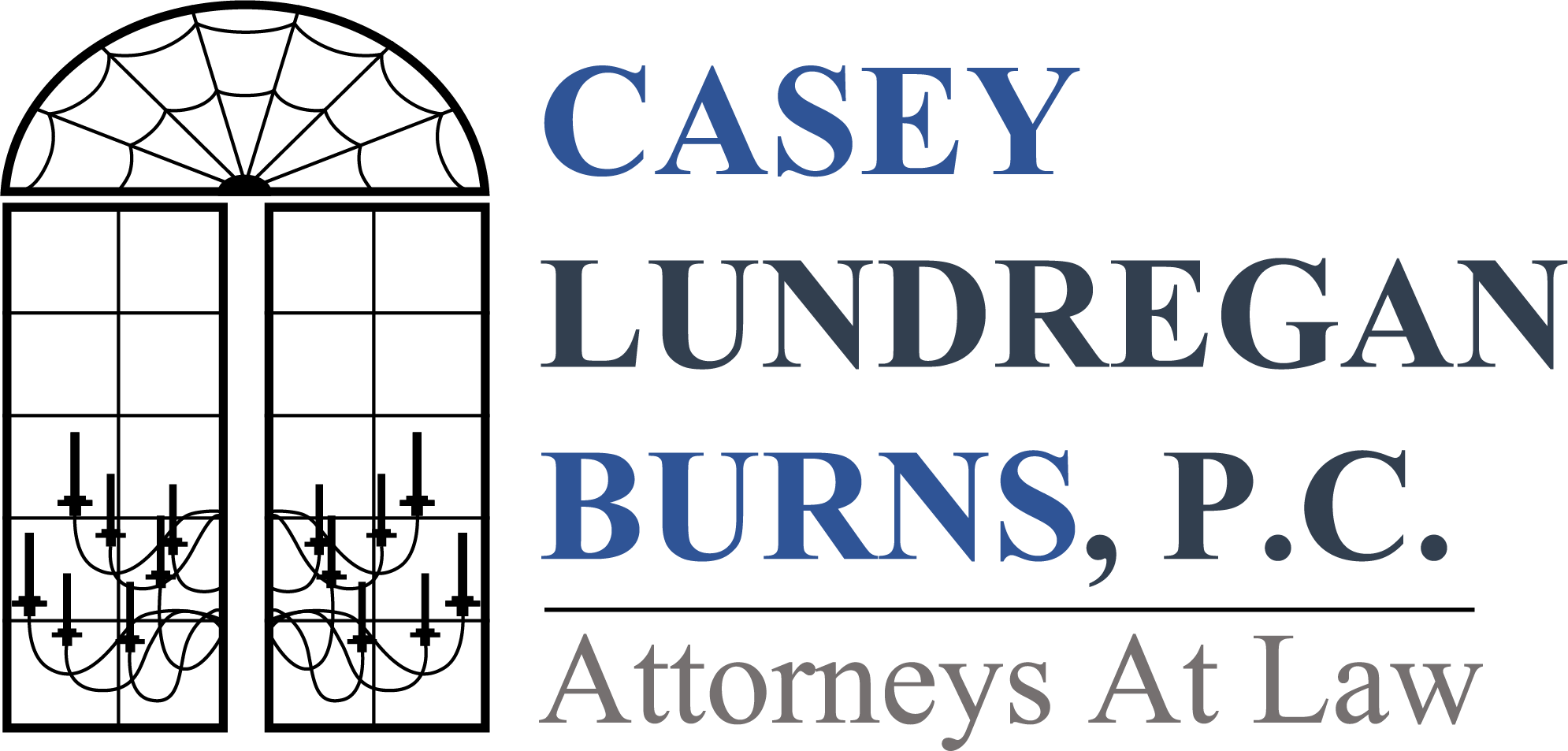Irrevocable Trust Lawyer in Massachusetts
Contrary to what their name suggests, irrevocable trusts today offer sufficient flexibility and can help you protect your assets while retaining a fair degree of control over them.
At Casey Lundregan Burns, P.C., we can review your assets and advise on whether you could benefit from an irrevocable trust. Call 978-741-3888 to schedule a consultation with an irrevocable trust lawyer in Salem, MA.
What Is an Irrevocable Trust?
An irrevocable trust is a trust that you can’t dissolve (“revoke”). Once you set up the trust and transfer ownership of your property, you give up control over those assets. A third party of your choosing, also known as a trustee, will then manage the trust and distribute the assets as provided by the trust agreement.
Irrevocable vs. Revocable Trusts
Irrevocable and revocable trusts are both common estate planning tools. Revocable trusts, also known as living or inter vivos trusts, are more flexible — you can modify the trust or revoke it at any time while you are alive.
On the contrary, you generally can’t access or control assets in an irrevocable trust as if they were still titled under your name. While revocable trusts provide greater flexibility, only irrevocable trusts can offer some advantages, such as certain tax benefits, protection from creditors, and Medicaid eligibility.
Each type of trust has its pros and cons, including important consequences for estate planning, tax liability, your future inheritance, and more. An experienced trust lawyer can explain the differences between the various trust types and recommend one that fits your needs.
Types of Irrevocable Trusts
Irrevocable trusts can serve different purposes. An irrevocable trust lawyer can help you identify the right trust type for you. Potential options include:
Medicaid Trust
Medicaid trusts protect assets from Medicaid — which is called MassHealth in Massachusetts — so you can qualify for long-term care benefits. Assets held in an irrevocable trust don’t count when determining Medicaid eligibility.
Irrevocable Life Insurance Trusts (ILIT)
You can use an ILIT to hold life insurance policies, thereby removing life insurance proceeds from your taxable estate and reducing your estate tax liability. This can be a significant advantage if you have a large estate or your life insurance puts you over the $1M Massachusetts estate tax threshold.
Qualified Personal Residence Trust (QPRT)
With a qualified personal residence trust, you place your primary home into a trust for a set period. At the end of this period, usually 10 to 15 years, the title to your home passes directly to your beneficiaries without becoming part of your taxable estate. In the meantime, you can continue to live in your home as usual.
Talk to an Irrevocable Trust Lawyer in Salem, MA, Today
Irrevocable trusts are effective estate planning tools, but they aren’t a one-size-fits-all solution. At Casey Lundregan Burns, P.C., we have over 90 years of experience helping our clients find the right trusts for their personal needs. To identify the right estate planning strategies for you, call us at 978-741-3888 or contact us online to schedule a consultation with an irrevocable trust lawyer from our team.
